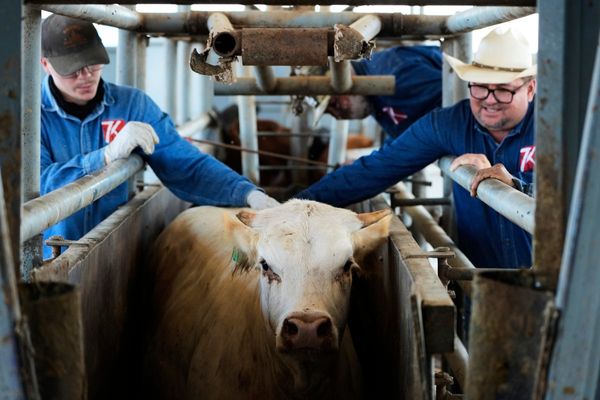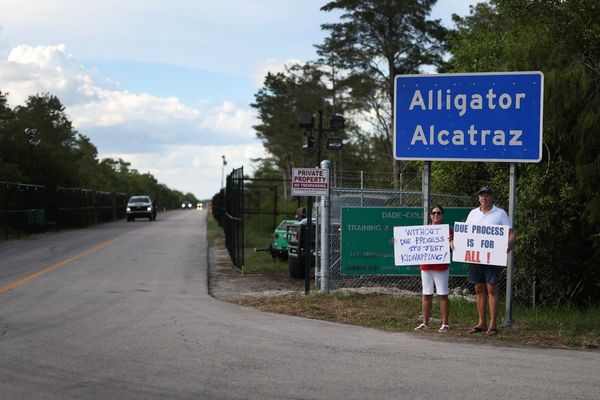
Government has banned common household medicines Crocin Cold and Flu, D-Cold Total, Nasivion, Sumo, Oflox, Gastrogyl, Chericof, Nimulid, Kofnil, Dolo Cold, Decoff, O2, paediatric syrup T-98 and TedyKoff, as part of its decision to stop the manufacture and sale of fixed dose combination drugs (FDCs).
A fixed dose combination contains two or more drugs combined in a fixed ratio of doses, available in a single dosage form. The health ministry, had, in a notification on March 12, banned nearly 350 FDCs with immediate effect, following recommendations of an expert committee formed to examine the efficacy of these drug combinations.
Read more: Dabur Honitus, Patanjali cough syrup may gain from govt drug ban
According to research firm AIOCD AWACS, the top five therapeutic categories to be impacted include anti-diabetic drugs, respiratory drugs, analgesics, anti-infective and gastro-intestinal drugs. “Government has banned few critical drugs without giving a fair chance to industry. Taking such medicines off the shelf will surprise the consumer and the doctor” said R.C Juneja, CEO of Mankind Pharma, which manufactures popular paediatric syrup T-98 and TedyKoff.
Read more: India may ban 400 more drugs after crackdown on Vicks 500, Corex
Market estimates reveal that the ban impacts over 2700 medicine brands. While Abbott Healthcare will be worst hit, with an annual loss of Rs 485 crore, other companies including Lupin, Sun Pharma, Glenmark, Wockhardt, Aristo and Intas would also bear the brunt.
Read more: Not just Vicks 500 and Corex: India has banned 344 drugs
While doctors say they are confused over the implementation of the ban, they plan on sticking to single formulation drugs instead of multiple combinations. “The ban is on combination drugs. Hence we need to stick to single drug and not combos,” said Anoop Misra, chairman, Fortis CDOC Hospital for Diabetes and Allied Sciences.







